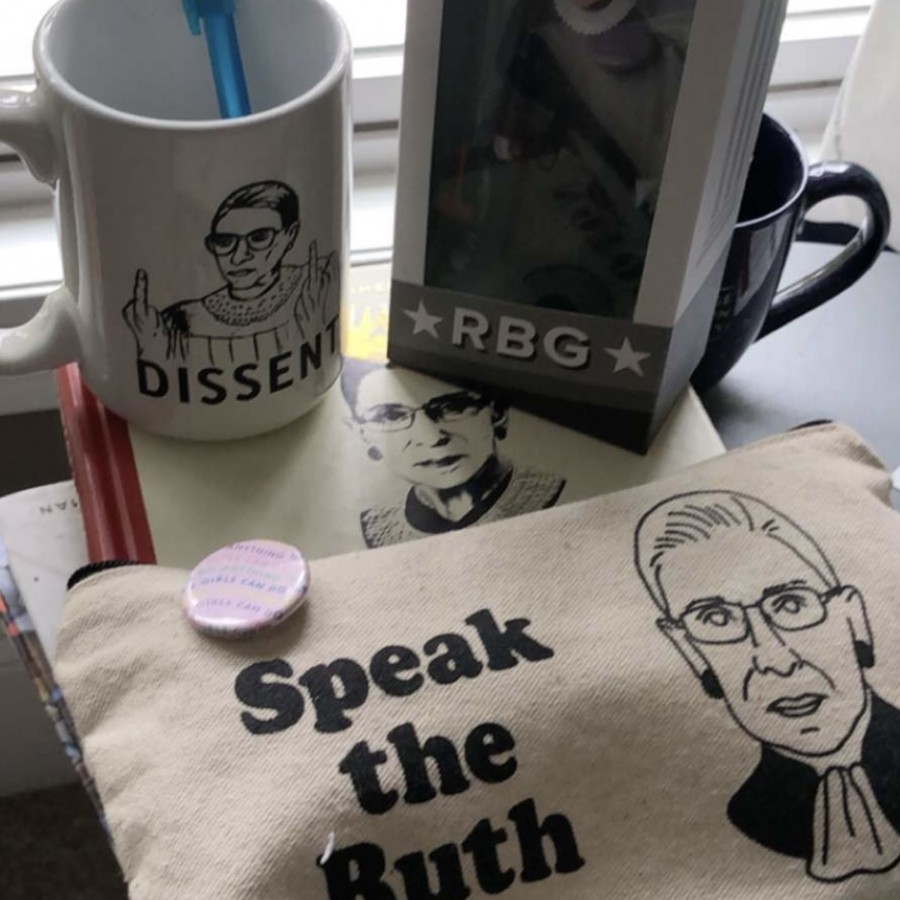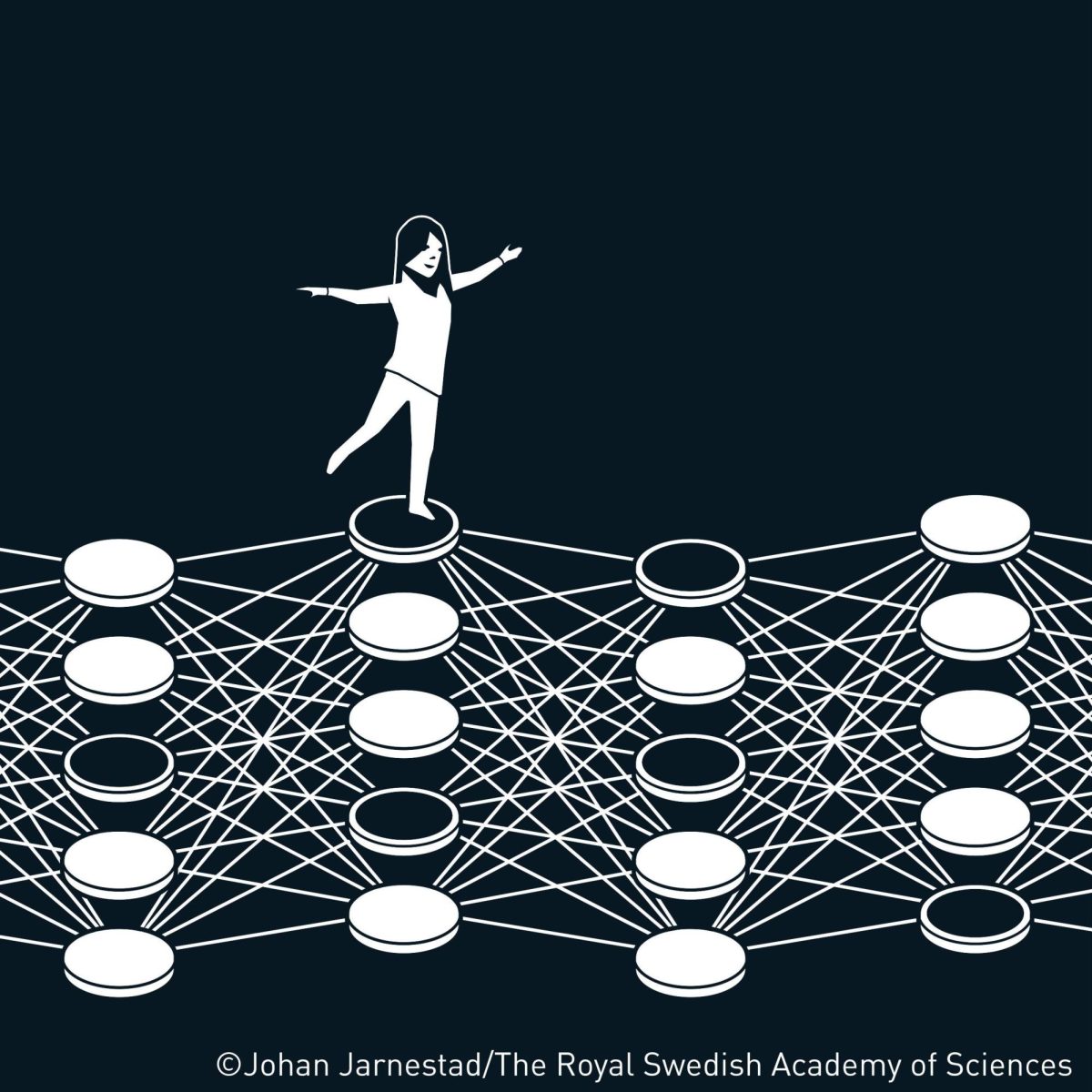Justice Ginsberg passed away on Sept. 28 and left a legacy. The Justice changed modern American culture for many through the law. The United States Supreme Court Justice of 27 years left a significant impact on the country’s culture through her tenacious opinions and dissents.
Born in New York, Ginsburg attended Cornell University where she received a bachelor’s degree. After starting a family with her husband Martin Ginsberg, she attended Harvard as one of nine women in the class, and later Columbia Law School after her husband found a job in New York. Ginsburg showed exceptional work ethic while making Harvard Law review her second year of law school.
After graduating in 1959, Ginsburg struggled to find a job, as only a handful of law firms in the city would hire a woman. Unable to find work at a firm, Ginsburg began her career as a law professor at Rutgers University in New Brunswick, New Jersey in 1963.
During her time as a professor, Ginsburg’s students began to highlight several examples of gender based discrimination in legal cases-igniting her fight for equal rights in the law. While she was a professor, Ginsburg also spearheaded a campaign for equal pay after discovering her, and other women at the university’s, salary was substantially less than male colleagues.
Ginsburg then went on to found and direct the Women’s Rights Project of the American Civil Liberties Union (ACLU) where she was a pioneer in the fight for equal rights in the law. Throughout the 1970s until the mid 1980s, Ginsburg devoted her time fighting for equal rights for men, women, and other minorities.
In 1986, Ginsburg was appointed to the U.S. Court of Appeals for the District of Columbia, where she served for 7 years before being nominated to the U.S. Supreme Court by President Bill Clinton in 1993. While serving on the Supreme Court, Ginsburg continued to fight for equal rights through her decisions and dissents on several influential cases.
Several of Ginsburg’s rulings and opinions changed the lives of many Americans, regardless of race, religion, sex or sexual orientation. Lawyer Milissa Hofmann commented on some of the notable things Ginsburg made possible. “Justice Ginsburg was a pioneer who made it not only possible for me to go to law school and into the legal profession, but also to make the same salary as my male colleagues and to have a credit card in my own name,” noted Hofmann.
Through Obergefell v. Hodges in 2016, Ginsburg helped legalize same-sex marriage throughout the nation. In the 2018 case Sessions v. Dimaya, Ginsburg protected non-citizens from legislation which would have had the power to expel them from the country. Ginsburg tackled Texas’s Omnibus Abortion Bill and defended a woman’s right to choose through the 2016 case Whole Woman’s Health v. Hellerstedt.
Ginsburg, while a small voice, made headlines through her powerful dissents. After a conservatice majority ruled to roll back protections under the Voting Rights Act, Justice Ginsberg came prepared to deliver her dissent in her infamous collar-a black, sparkly necklace from Banana Republic. Ginsberg compared the Court’s failure to uphold protections to, “throwing out preclearance when it has worked and is continuing to work to stop discriminatory changes is like throwing away your umbrella in a rainstorm because you are not getting wet.”
In recent years, Ginsburg’s impact has spread beyond her position on the bench into pop culture, becoming an American icon beloved by millions. Class of 2020 graduate Maddy Licea was one of millions of Americans who admired Ginsburg for her work. “RBG has been an extremely powerful influence on me as a female wanting to enter the law industry. She led the way for women to be able to practice law at the same stature as their male peers.”
Ginsburg’s lasting legacy on pop culture was also evident through the countless TikToks, articles and pieces of art published in memory of her death.
While only a mere 5’1” and possessing a fragile tone of voice, the notorious RBG’s legacy will be remembered by many.











